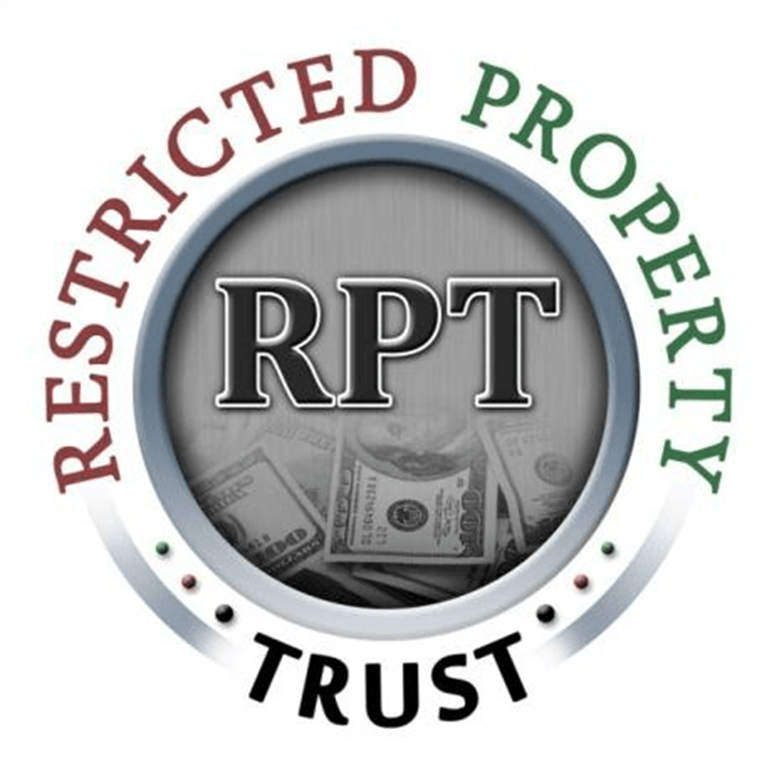
For Kenton Crabb, founder of the Restricted Property Trust (RPT), the past six years have been defined by intense scrutiny. In February 2018, Crabb found himself at the center of an IRS promoter investigation—a situation that brought a wave of negative press and cast doubt on the legitimacy of the Restricted Property Trust. The investigation focused on whether Crabb was liable under IRC section 6700, which threatened to undermine the foundation of his work. Yet, after six years of thorough investigation, the IRS dropped the case in February 2024, leaving Crabb and his supporters with a sense of validation and relief.
The decision by the IRS to end their promoter investigation was unprecedented. Crabb's personal attorney, a veteran of over a decade in the IRS National Office of Chief Counsel, noted that it was the first time in his long career he had seen an investigation of this nature start and end without any ramifications. This outcome speaks volumes about the legitimacy of the Restricted Property Trust and Ken Crabb's integrity in promoting it.
During the course of the investigation, Crabb and the Restricted Property Trust faced an onslaught of challenges. The media, fed by rumors and speculation, painted the Restricted Property Trust in a negative light. The Restricted Property Trust, designed as a tax-efficient tool for high-net-worth individuals, became the subject of heated debates. Crabb was portrayed as a promoter of an aggressive and potentially problematic tax strategy despite the fact that the Restricted Property Trust has always been backed by sound legal principles and is fully compliant with tax laws. Nevertheless, the IRS's investigation continued, and the cloud of doubt hung over Crabb and his work for years.
Yet, when the dust settled, the IRS's conclusion was clear: their investigation into Crabb's liability was discontinued. In a letter sent to Crabb, the IRS clarified that the investigation did not constitute an examination of his income tax returns and that the decision should not be interpreted as an endorsement of Crabb's conduct. However, the cessation of the investigation was a significant moment for Crabb, his clients, and the broader financial community.
For Crabb, the past six years were grueling and filled with uncertainty and challenges. "It was a brutal six years," Crabb remarked, "but it's great to have that investigation in the rearview mirror so we can now focus 100% on delivering the Restricted Property Trust to successful taxpayers all over America." With the investigation behind him, Crabb is ready to continue his mission of providing high-net-worth individuals with a powerful tool for building wealth and managing their tax liabilities.
The IRS's decision to drop the investigation is not only a personal victory for Crabb but also a significant moment for the Restricted Property Trust itself. The Restricted Property Trust, a long-standing tax strategy used by successful business owners and executives, allows participants to fund life insurance and retirement benefits in a tax-efficient manner. With the conclusion of the IRS's investigation, the Restricted Property Trust can now move forward without the cloud of doubt that lingered for years.
The letter from the IRS, while not an endorsement, serves as a powerful testament to the legitimacy of Crabb's work and the Restricted Property Trust. The investigation's conclusion sends a clear message to the financial community: after six years of exhaustive scrutiny, no penalties or charges were levied against Crabb. In an industry where compliance is critical, the end of the investigation serves as a strong validation of the Restricted Property Trust.
As Crabb looks to the future, the lessons of the past six years remain ever-present. "The scrutiny was intense, but we never wavered in our belief in the Restricted Property Trust and its benefits for our clients," he said. With the investigation behind him, Crabb is eager to refocus on delivering the Restricted Property Trust to high-net-worth individuals across America, helping them achieve financial security and tax efficiency.
For many in the financial planning community, the IRS's decision will likely bolster confidence in the Restricted Property Trust. Despite years of negative press and speculation, the Restricted Property Trust has emerged from the investigation stronger than ever, with a renewed sense of legitimacy.
As Crabb puts it, "We've always believed in the Restricted Property Trust, and now we can move forward without distractions. We're excited to continue helping our clients plan for their futures with a tool that's stood the test of time—and scrutiny." With the IRS investigation behind him, Ken Crabb and the Restricted Property Trust are poised for a new era of success.
ⓒ 2025 TECHTIMES.com All rights reserved. Do not reproduce without permission.




